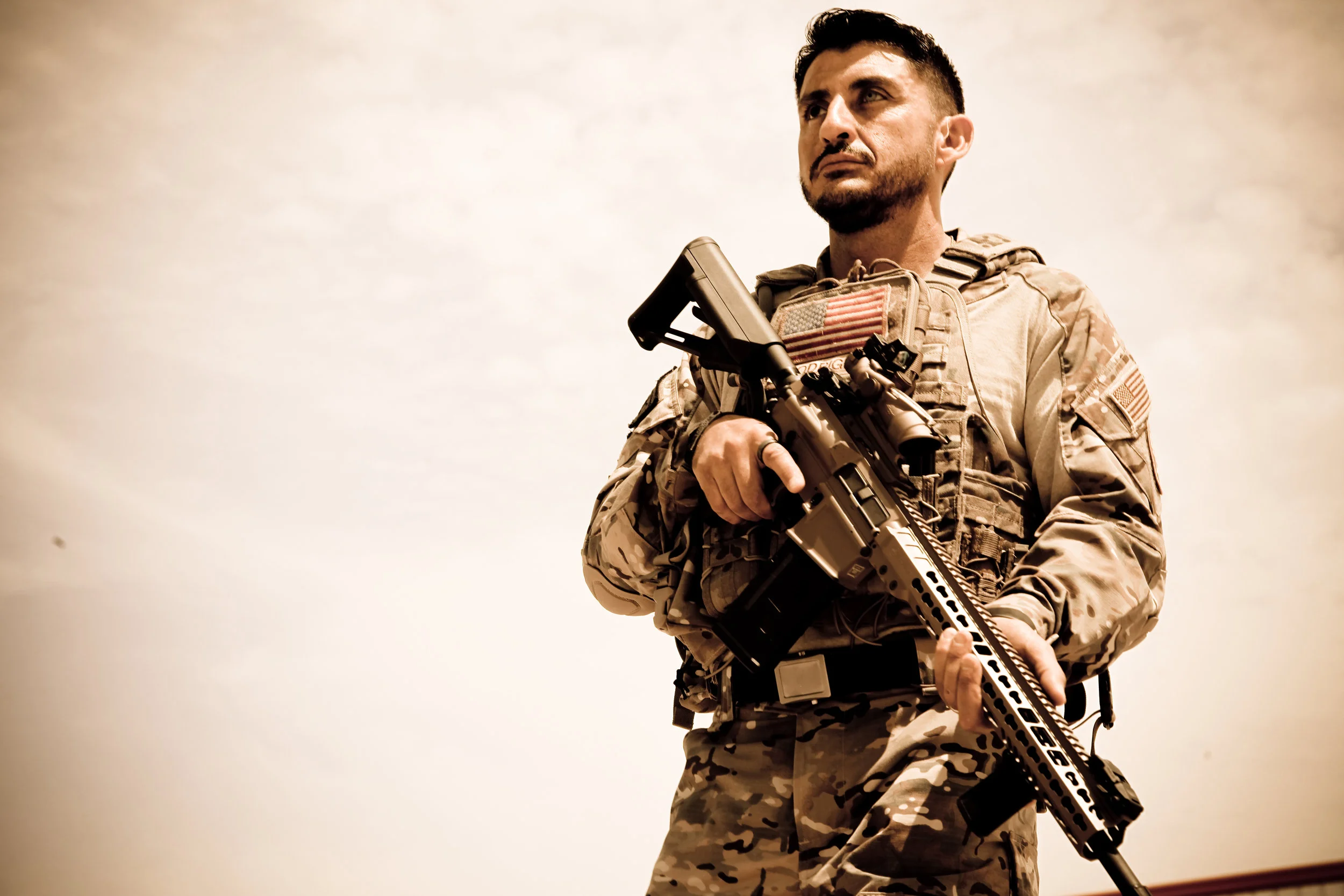Links for the episode are at the bottom of the page!
GRP 45-My guest on for this episode is retired Green Beret Medic Sergeant First Class Michael Rodriguez. Michael spent 21 years in the US Army with his first deployment to Somalia with the 10th Mountain Division, to his last deployment to Afghanistan with the 7th Special Forces Group. We discuss Special Operations medicine, the advances in technology as a result of war. First Sergeant Rodriguez was medically retired due to sustaining several TBI's (Traumatic Brain Injury) from IEDs.
He sits on President George W. Bush's Military Service Initiative Advisory Council which engages in a wide range of activities that support veterans. Last but not least he's the Chief Ambassador at the Green Beret Foundation. Below is an excerpt from the episode:
John: Now for the Special Operations medical course the individuals going through are Rangers, SEALs, or Green Berets it's a course that all SOF attends. Was it like that during those days?
Sergeant First Class Rodriguez: It was. The way it was when I went through it was two courses. Special Operations Combat Medic(SOCM), and then Special Forces Medical Sergeants Course(SFMS). We had PJ's , Ranger Medics, and SEALs go through SOCM. The only people who went on through SFMS the more advanced stuff were 18 Delta's Green Beret Medic's or they would send back seasoned SEALs the IDC's (Independent Duty Corpsman) those guys were seasoned veterans going through that portion. Now it's a bit different but there's still somewhat of a distinction for the 18 Delta's.
John: You are medically retired with several injuries throughout your career. You've had TBI's and you're very vocal and open about it. That's a good thing.
Sergeant First Class Rodriguez: I was fortunate that every time I got blown up, or whatever it was that rang my bell that day I kept all my pieces. Me being an 18 Delta I recognized what was going on. Conducting combat operations on my last rotation I received three TBI's. I knew what was going on but I didn't say anything. I knew I was jacked up , I knew there were issues. My life changed on that deployment. A couple guys saw with this IED, in particular, they asked me if I was ok, and I responded with "I'm fucking fine". Brain injuries are a cumulative effect. Every time you get concussed your brain releases a protein called a Tau protein that's very corrosive.
Sergeant First Class Michael Rodriguez:
Email-Michael@greenberetfoundation.org
Join our Facebook Group by searching Global Recon Podcast on Facebook.
Music provided by Caspian. www.caspianmusic.net
Click the links below to access the episode:






